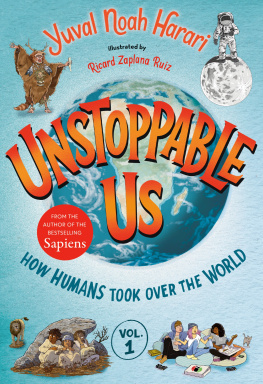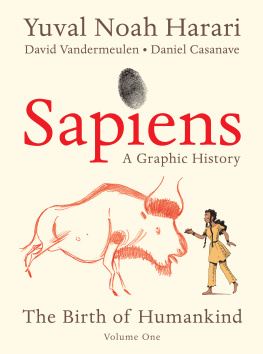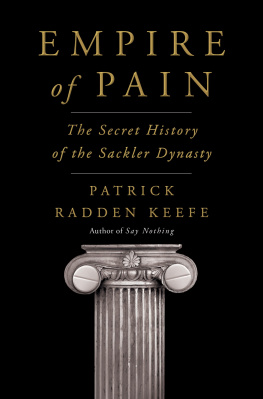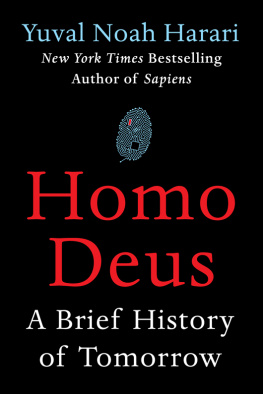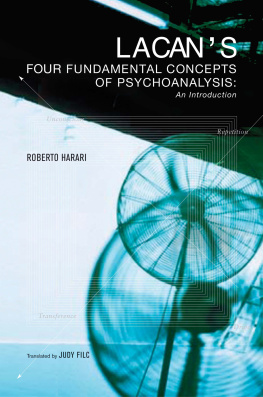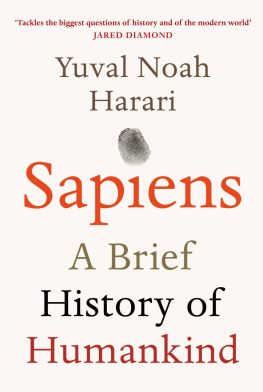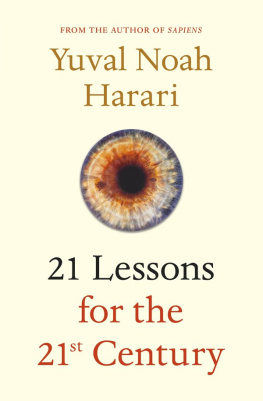Jewish Fables
Darwinism, Materialism, and other Jewish Fables
E. Michael Jones
Fidelity Press
206 Marquette Avenue
South Bend, Indiana 46617
www.culturewars.com
www.fidelitypress.org
E. Michael Jones, 2018

All rights reserved. No part of this book may be reproduced, stored in a retrieval system, or transmitted in any form or by any means, electronic, mechanical, photocopying, recording, or otherwise, without the prior permission of Fidelity Press.
Contents
What is cannot come out of what is not.
Parmenides
And I have noticed that most modern history is driven to something like sophistry, first to soften the sharp transition from animals to men.... Most modern histories of mankind begin with the word evolution, and with a rather wordy exposition of evolution, for much the same reason that operated in this case. There is something slow and soothing and gradual about the word and even about the idea. As a matter of fact, it is not, touching these primary things, a very practical word or a very profitable idea. Nobody can imagine how nothing could turn into something. Nobody can get an inch nearer to it by explaining how something could turn into something else. It is really far more logical to start by saying In the beginning God created heaven and earth even if you only mean In the beginning some unthinkable power began some unthinkable process.... In other words, every sane sort of history must begin with man as man, a thing standing absolute and alone. How he came there, or indeed how anything else came there, is a thing for theologians and philosophers and scientists and not for historians.
G.K. Chesterton, The Everlasting Man
Whig Metahistory
Metahistory is back in style. In 1951, when it was already in decline, Christopher Dawson drew an analogy between metaphysics and metahistory by citing Aristotle, who proceeded to discuss the ultimate concepts that underlie his physical theories: the nature of matter, the nature of being and the cause of motion and change after he had written his books on physics. Similarly, metahistory is concerned with the nature of history, the meaning of history and the cause and significance of historical change. Metahistory is a philosophical meditation on the meaning of human history in its entirety which came into being during the Christian era when thinkers like St. Augustine synthesized the Hebrew tradition, which had history but no philosophy, and the Greek tradition which had philosophy but lacked a theory of cosmic history.
Even though he never uses the term metahistory, Yuval Noah Harari, professor of history at the Hebrew University of Jerusalem, is a practitioner of this art. Anyone who writes a book which surveys the entire length of human history, from the evolution of Homo sapiens in the Stone Age up to the political and technological revolutions of the 21st century, as his Sapiens: A Brief History of Humankind does, should acknowledge thinkers like St. Augustine, because he invented the idea, and more immediate forebears like Oswald Spengler and Arnold Toynbee, but neither metahistorian is mentioned in Sapiens . In fact, the term metahistory isnt mentioned at all, probably because of its association with German idealism and the reputation things German have among Jews.
According to Christopher Dawson, the most recent wave of metahistory came into being in the wake of the great movement of philosophical idealism which dominated the 19 th century. Its greatest proponent was G.W.F. Hegel. As of the mid-20 th century, the great movement of philosophical idealism that dominated the 19 th century had come to an end and consequently the idealist interpretations of history have become discredited. they are a rare breed anywhere these days, and certainly much rarer at Israeli universities, where Jews like Harari are busy now resurrecting what they destroyed.
Harari may teach at an Israeli university but the historical school that informs his book is not Jewish in any definable sense. Harari received his DPhil from Jesus College, Oxford under the supervision of Steven J. Gunn. The worldview which informs Sapiens is both Jewish and English, but it is English in its own peculiar way. Sapiens is what one might call, with apologies to Sir Herbert Butterfield, Whig metahistory, with all of the contradictions that term entails. Harari is what Keynes would call the slave to some defunct metaphysician.
In order to write the metahistory he aspires to write, Harari needed to learn more about metaphysics than he was evidently able to learn at one of Englands two premier universities, because he begins his book at the absolute beginning of everything, which is by necessity outside of history and just as necessarily within the realm of first philosophy or metaphysics. And how did the Timeline of History begin? Matter and energy appear, Harari tells us with a straight face. Harari erroneously identifies the beginning of everything with the beginning of physics, which got invented by Aristotle in Greece some time later. Reiterating what he already said in a different key, Harari tries to give an account of the beginning once again, telling us this time that at the beginning: Atoms and molecules appear. In other words, shit happens. Or, as a more forthright historian might have put it: I dont know how anything came into being because Whig metahistory doesnt believe in metaphysics. They havent taught this course at Oxford since the days of William of Ockham. What they now teach there goes by the name of science, which tells us that:
ABOUT 13.5 BILLION YEARS AGO, MATTER, energy, time and space came into being in what is known as the Big Bang. The story of these fundamental features of our universe is called physics. About 300,000 years after their appearance, matter and energy started to coalesce into complex structures, called atoms, which then combined into molecules. The story of atoms, molecules and their interactions is called chemistry. About 3.8 billion years ago, on a planet called Earth, certain molecules combined to form particularly large and intricate structures called organisms. The story of organisms is called biology. About 70,000 years ago, organisms belonging to the species Homo sapiens started to form even more elaborate structures called cultures. The subsequent development of these human cultures is called history.
There you have it: Whig metahistory in a nutshell. Shit happened, just the way the mural at the Museum of Natural History said it did. Harari makes his first big mistake when he claims that the story of how everything came into being is called physics. The science of how everything comes into being is called, on the contrary, metaphysics. Physics can only deal with matter and energy once they have come into existence. The fact that Harari doesnt know this dooms his metahistory from the outset. Since Harari is not a physicist, he cant really explain what he thinks he needs to explain. As a result, his history rests uneasily on a shaky foundation of exploded myths and discredited junk science, which has been abandoned by scientists and is now taught only in high school biology classes, where the children of the deplorables learn scientific facts about how atoms formed, followed by life emerging from a lightning bolt striking a primeval soup of amino acids. This is what Harari could legitimately call a fiction because it derives from the writings of scientists like Mary Shelley, who wrote Frankenstein based on facts culled from people like Galvani, who made frog legs twitch from electric shock, and Erasmus Darwin, Charles grandfather. Mary Shelley wrote Frankenstein , not because of her knowledge of science, but because she was plagued by guilt for violating what the Enlightenment considers to this day an imaginary moral law.







